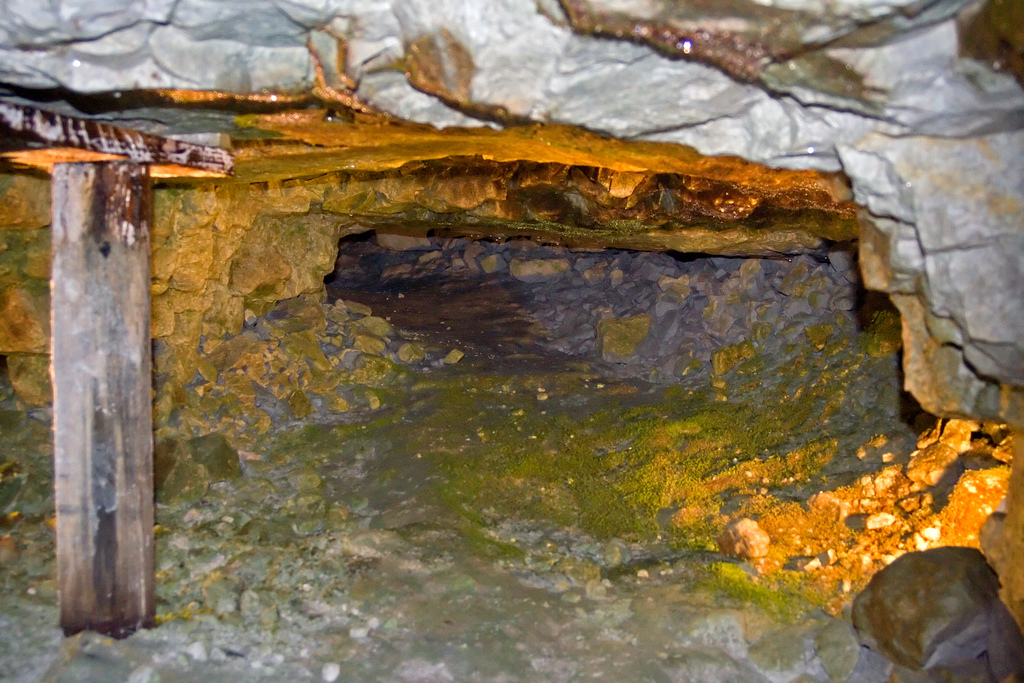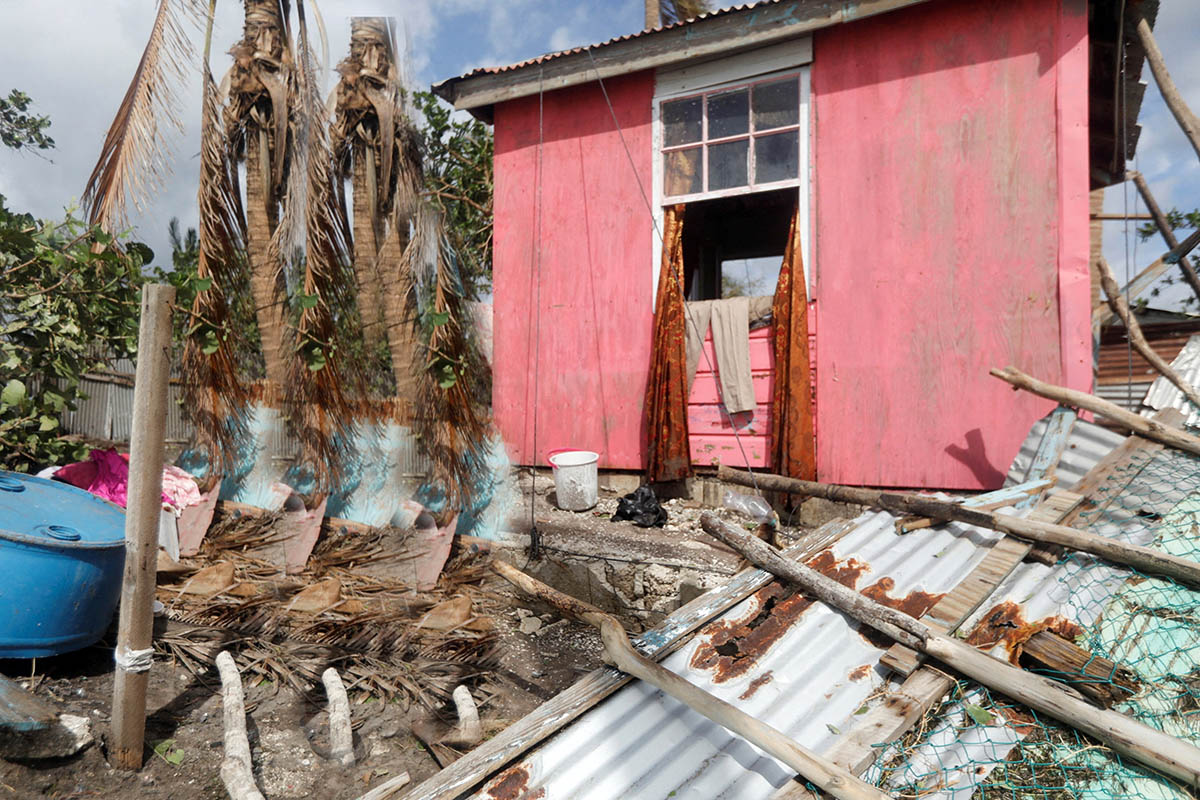“Women entrepreneurs in Zambia’s mining”
September 29 Empowering women will build up society, writes Mercy Zulu, 24, a Correspondent from Lusaka in Zambia, who attended a workshop aimed at supporting women entrepreneurs in the mining industry.
Empowering women will build up society, writes Mercy Zulu, 24, a Correspondent from Lusaka in Zambia, who attended a workshop aimed at supporting women entrepreneurs in the mining industry.
Ghanaian scholar Dr. James E. Kwegyir Aggrey said: “If you educate a man, you educate an individual. But if you educate a woman, you educate a nation.”
Despite being a source of heated debate in my inner circle, I could not agree more with the essence of this statement, as I believe that one of the key ways to development in Africa is through the woman.
Countless studies have shown that women in Africa are the centre of economic activity in areas where poverty is extensive. A report by the Food and Agriculture Organization (FAO) states that 90 per cent of locally produced food in sub-Saharan Africa comes from women. Therefore, educating and training women will likely increase the quantity and quality of production within the realm of these activities, which then has a trickle-down effect in their communities and eventually their nation.
There is another dimension to the trickle-down effect which is even more revolutionary for our societies: empowering women to effect positive change in subsequent generations. It is common in African cultures that women deal with the affairs of the children within the home. Therefore it is highly likely that moulding the woman will mould the child; instilling values in the woman will instil values in the child.
In August I attended a workshop organised by the United Nations Economic Commission for Africa (UNECA-Africa) Centre for Gender, guided by an overall objective to ‘contribute to the strengthening of gender dimensions in the mining sector in order to advance the economic empowerment of women.’ UNECA convened stakeholders within the mining sector to address the challenges encountered by women in artisanal and small scale mining in Zambia, as well as to establish strategies for sustainable development.
Mining is a major economic activity for many African countries and therefore it is vital to establish what roles women play in this sector.
Research indicates that only an estimated one per cent of approximately 763 large scale mining licenses in Zambia are held by women, while no women hold large scale gemstone licenses. Most women miners in Zambia are artisanal and small scale miners (ASM), which a global report describes as “mining by individuals, groups, families or cooperatives with minimal or no mechanization often in the informal/illegal sector of the market”. Even this group’s members are few and far between.
Women miners in Zambia are mainly involved in mining industrial minerals such as clay, building stones and sand, as well as gemstones. They use rudimentary tools and methods, which greatly hinders production. Furthermore, mine conditions are harsh, largely due to remote locations. Closer analysis of the women shows they have insufficient technical knowledge of mining and the markets, and lack adequate funding for their businesses.
Consultation with the women miners revealed that they chose the trade because of fortune-seeking or its ties to family history. They also noted the trade needed endurance, resilience and dedication. The more I listened to their stories as I sat across from them, the more my respect for these women grew. These were mothers and wives who had taken on a historically male-dominated trade for years — and done so fiercely.
Despite challenging conditions in the small scale mining industry, it has huge rewards and endless opportunity for women in Zambia. Therefore it is essential for government and development partners to target this particular group.
The workshop made recommendations in four key areas, but I was particularly interested in proposals for innovative and sustainable financing methods for the women, as well as suggestions for collaboration and value-added products. The women had very little knowledge of the various financing options available to them. Forming an association will enable members to join forces to lobby on behalf of their interests, giving them better chances at accessing finances from established funders, government, or private sector credit. As well, it would allow pooling resources for shared equipment and partnerships with large scale miners.
It is relatively simple for the women to develop collectives for lapidaries, or gemstones and semi-precious stones. That step would give them vital access to international markets through forming associations, partnerships and exploring options like gemstone brokers.
Entering international markets will largely depend on working as a team and being business savvy. Success begins with attitude irrespective of the resources available — and the right mindset can take you anywhere.
photo credit: Crawling back in time via photopin (license)
………………………………………………………………………………………………………………
About me: I am an avid reader and writer. Even more, I am an advocate of the development agenda, and recently graduated with a major in Economics and minor in Development studies.
I come from a developing country and because of my daily experiences have a burning desire to eliminate poverty and preserve a better world for the future through sound economic policy.
I love working in eclectic environments that encourage creativity. I have written articles for local publications and the World Bank.
………………………………………………………………………………………………………………
Opinions expressed in this article are those of the author and do not necessarily represent the views of the Commonwealth Youth Programme. Articles are published in a spirit of dialogue, respect and understanding. If you disagree, why not submit a response?
To learn more about becoming a Commonwealth Correspondent please visit: http://www.yourcommonwealth.org/submit-articles/commonwealthcorrespondents/
…………………………………………………………………………………………………………………




